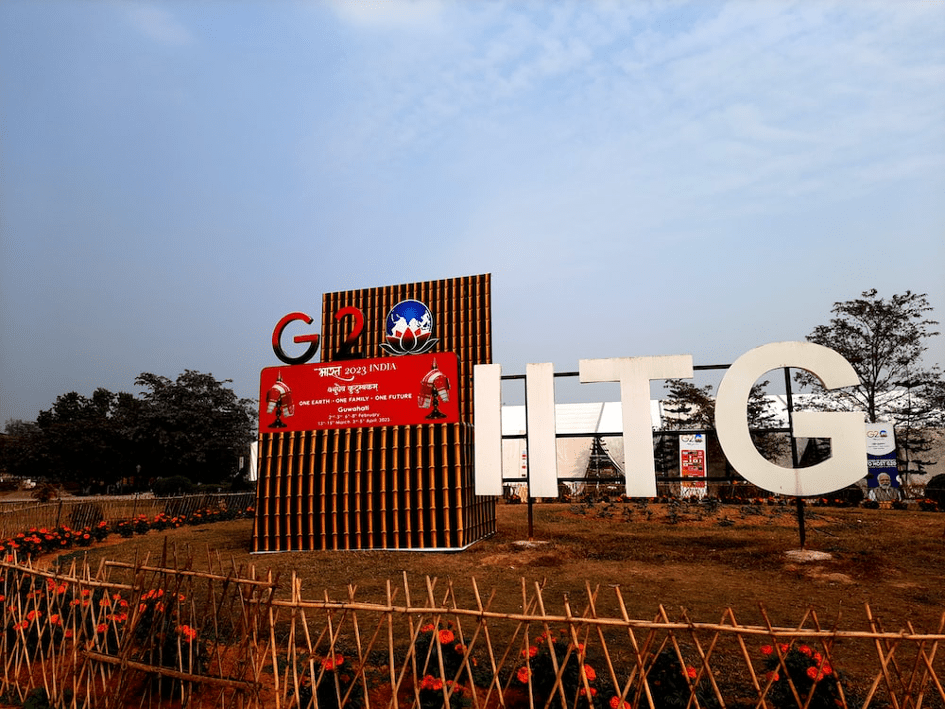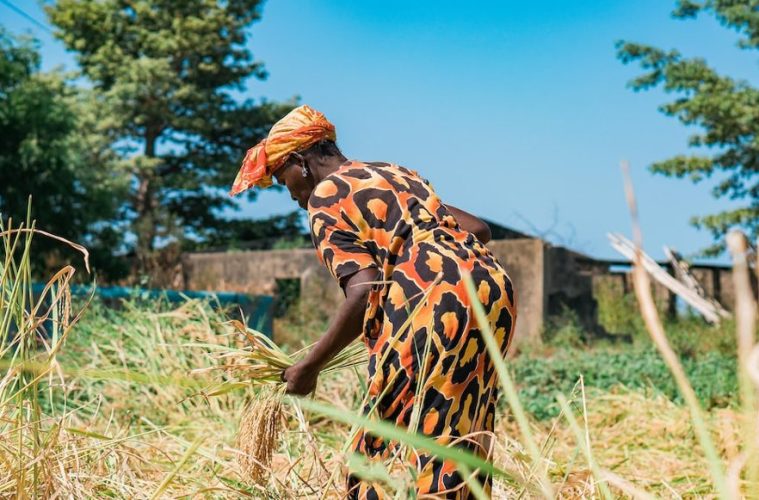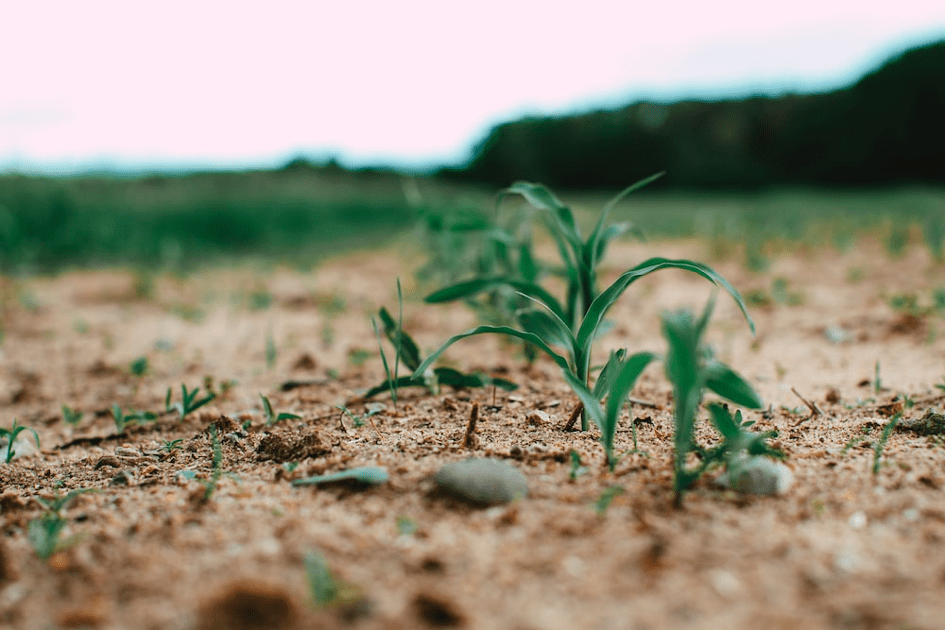West Africa is facing various political crises, primarily stemming from the economic challenges faced by rural populations, who are distant from urban opportunities and lack resilience mechanisms such as access to education and markets. For instance, in Benin, the enrollment rate is 95% in the city of Cotonou, compared to 25% in the rural Northern region. Providing sustainable agriculture is therefore a crucial lever for stable development. The goal involves massive investments in the agricultural sector, reducing inequality, providing financial resources, and ensuring food security. Currently, the agricultural potential is significantly underutilized, with the region importing the majority of its processed products. To harness its resources and prevent food losses, West Africa needs to secure funding and establish new agri-food value chains.
It’s noteworthy that local public funding has significantly decreased, while the sector faces more challenges (conflicts, droughts, soil degradation). In the agricultural domain, development aid was nearly 20% forty years ago, compared to less than 5% today. Current commercial loans continue to support projects other than agricultural ones.
The Institut Montaigne has published a report titled “Security in West Africa – Investing in the Agricultural Sector,” proposing 12 recommendations for Franco-African economic cooperation to promote a successful West African agriculture that ensures economic comfort and political stability.
In addition to these recommendations, the report’s author, Jonathan Guiffard, an associate expert at the institute for African and Middle Eastern strategic issues, also suggests implementing two types of support structures:
– Regional National Schools (ENVR)
– Integrated cooperatives
The recommendations are organized around four axes.
Axis 1: Secure Land, Inputs, and Valorization Capacity
It is crucial to structure the fundamental elements of efficient agriculture.
(1) In West Africa, agricultural land lacks sufficient regulatory frameworks. To preserve the productive capacity of this region, states must establish a system for identifying and titling arable land parcels.
(2) Subsequently, the policy regarding seeds and other inputs (fertilizers, pesticides) should include a research component for developing specific and certified varieties, along with a traceable distribution system.
(3) Finally, the produced goods should undergo local processing, combining local opportunities (free zones, public aid) with the expertise of agro-industrialists capable of exporting their know-how to Africa.
The concept of a local cooperative seems suitable for these actions, as it facilitates financing and brings together expertise in one place.

Axis 2: Improve Efficiency of Farming Operations
West African farmers underutilize their production tools due to a lack of equipment, inputs, and training. Their efforts do not yield optimal results.
(4) The cooperation’s objective is to support sustainable practices in terms of resources (water, energy) by installing solar panels and modern irrigation equipment.
(5) Infrastructure for logistics (storage, handling) and the transportation of goods must be improved at all levels: local, regional, and national. Continental ambitions are already expressed in the development of the AfCFTA, the African Continental Free Trade Area.
(6) Support from partner countries will focus primarily on the agronomic aspect, supported by their respective cooperation policies. In this action, the Regional National School (ENVR) will serve as a lever for scientific work and the training of local experts.

Axis 3: Financially Support Transformation
Farmers lack training in optimized, high-yield agriculture, and they also struggle to access the necessary funding for such a transition.
(7) By supporting local projects, European partners act on two levels: reassuring investors and fostering the emergence of agricultural financing institutions.
(8) The presence of experienced partners and communication around projects also aims to make the agricultural sector attractive to the diaspora and facilitate the conversion of their currencies into West African agricultural projects. For example, in 2020, the diaspora contributed $21 billion to Nigeria and $2.2 billion to Senegal, according to lawyer Alain Gauvin, a doctor of law, lecturer, and specialist in bi-banking. Financial flows from African diasporas represent up to 10% of the beneficiary country’s GDP and 30% of bank deposits.
(9) Alongside these financial opportunities, development aid for the West African agricultural sector must represent a minimum ratio of 0.2% of the French Gross National Income (GNI) by 2030.
(10) To meet the national expenses for transforming agricultural systems, West African states face a challenge: stabilize their fiscal revenues by encouraging the informal sector to contribute to the national goal.

Axis 4: Encourage Initiatives from Industrialized Countries
Industrialized countries have advanced expertise in digitized agriculture, professional training, and agro-industrial transformation. All players in the agri-food ecosystem should be invited to invest their expertise or funds in West Africa.
(11) The Compact with Africa (CwA) project, initiated in 2017 by G20 member countries, aims to promote private investment in African infrastructure. Interested African states, as well as international organizations and other G20 partners, are invited to collaborate on a system to ease commercial and financial exchanges. As part of this project, G20 members commit to supporting national policies and communicating with potential private investors. Fifteen African countries have already joined the CwA project: Benin, Burkina Faso, Côte d’Ivoire, Democratic Republic of Congo, Egypt, Ethiopia, Ghana, Guinea, Morocco, Rwanda, Senegal, Togo, and Tunisia.
(12) Lastly, all cooperation actors must encourage investments, especially from France, in sustainable agro-industrial projects that involve the African private sector through local partnerships.
The implementation of these recommendations and support structures represents a long-term project, extending to 2040. The significance of such an initiative lies in addressing territorial stability issues as well as food security.
While financing is central, it must also address a political challenge: the establishment of serene diplomatic and economic relations. Only this reciprocal commitment from partner countries will reassure investors and provide the agricultural sector with a conducive framework for transformation.
International organizations, such as the World Bank, currently engaged in emergency operations, will be able to support the achievement of these goals through their expertise and funding.
Source: Institut Montaigne





